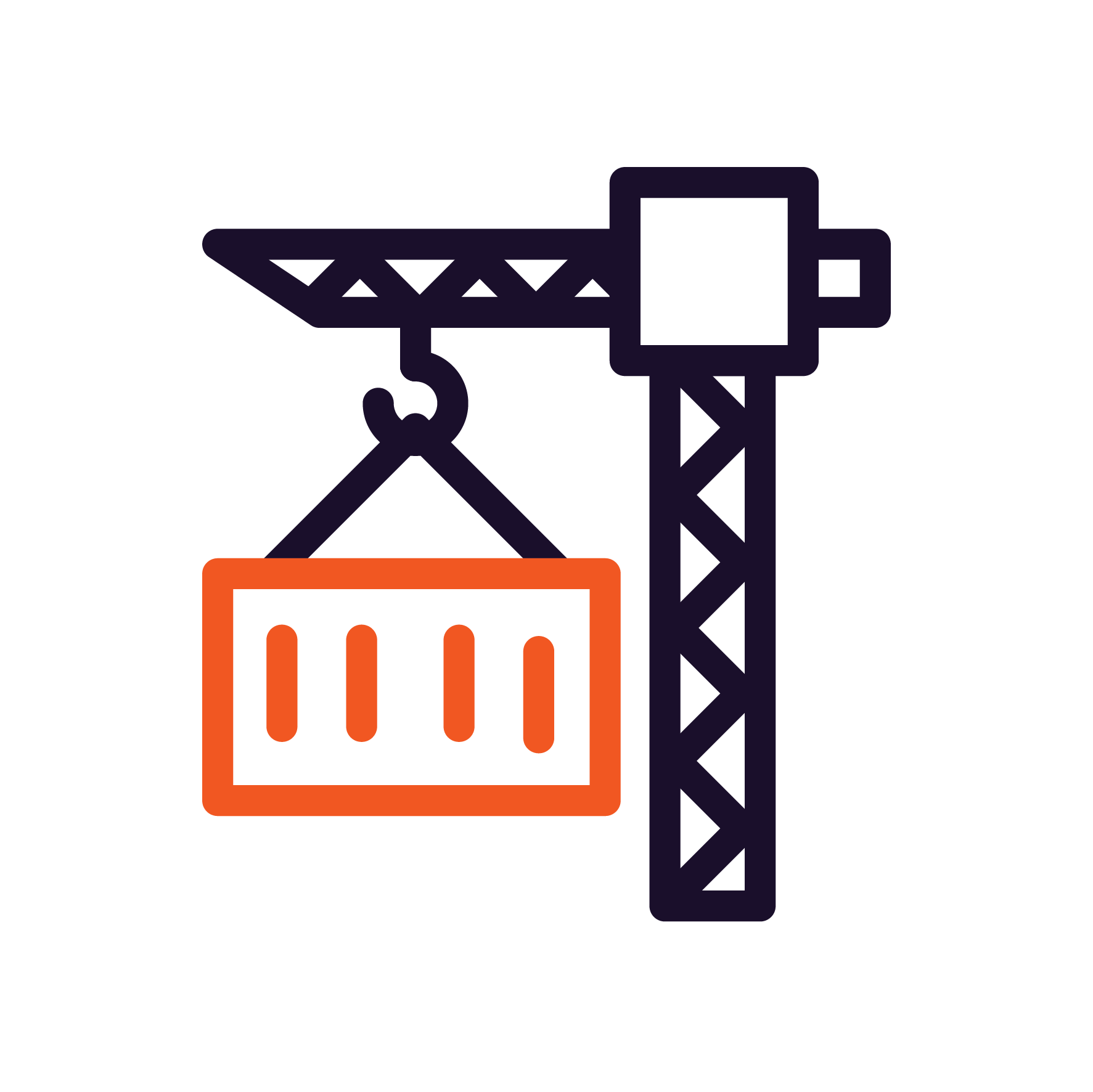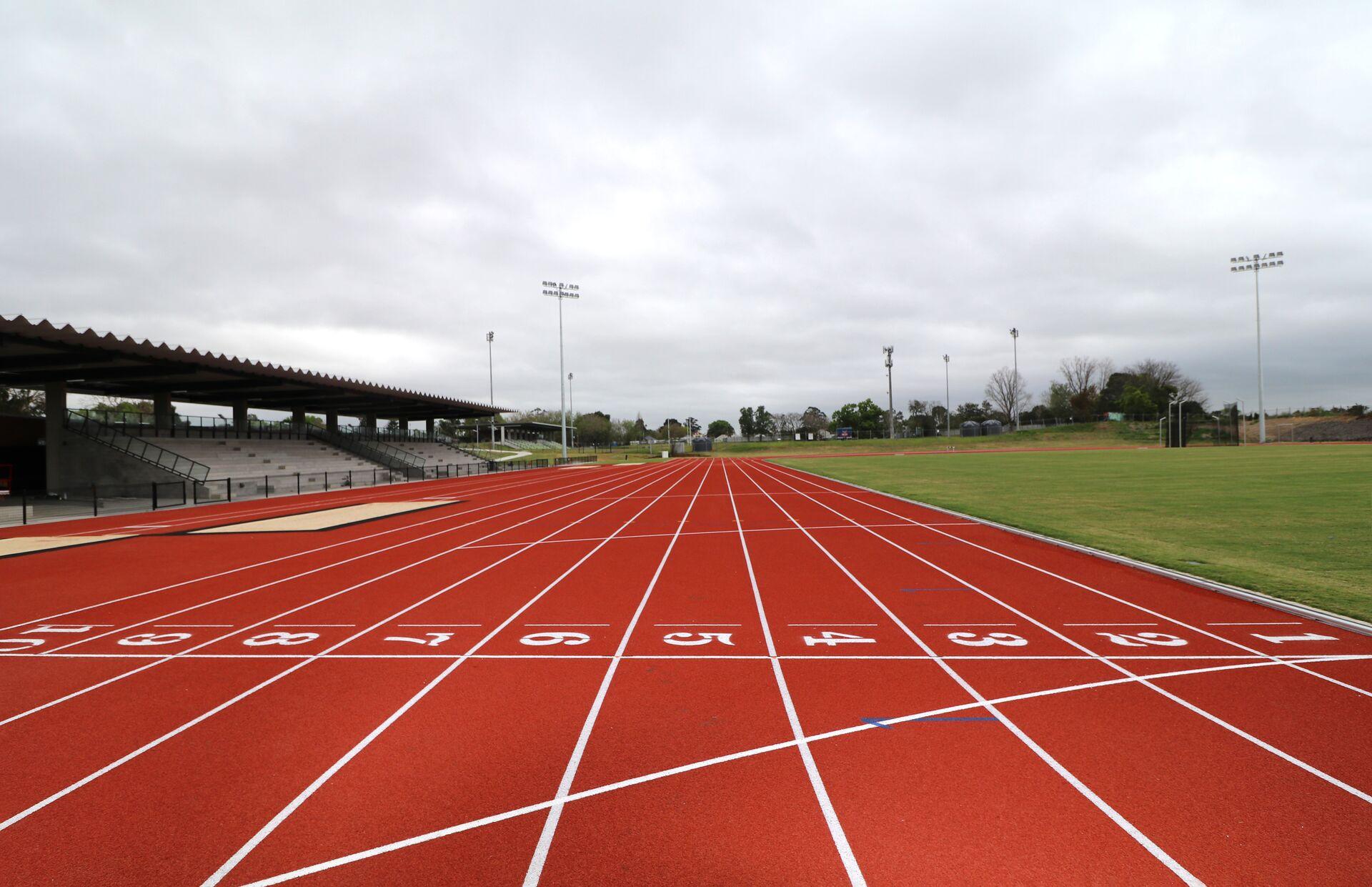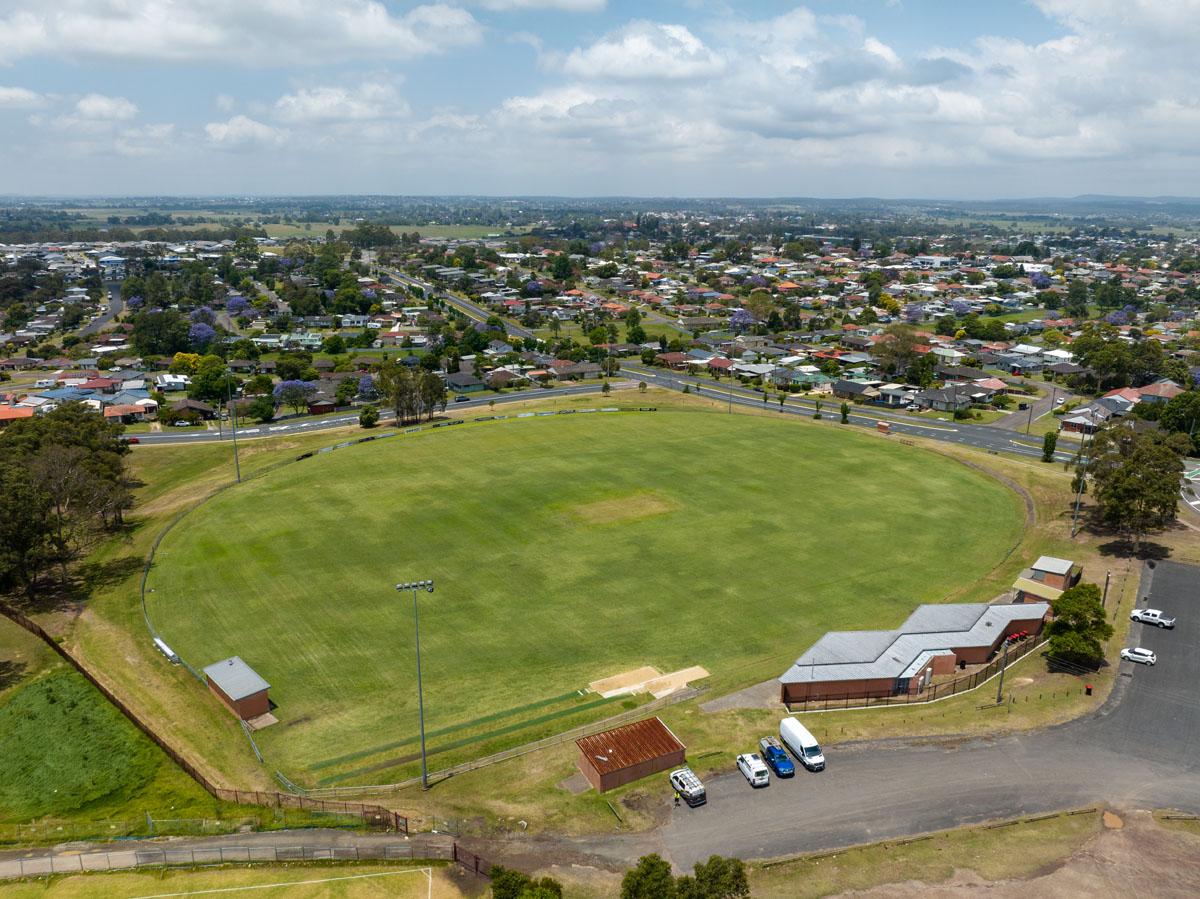Nad Al Sheeba Racecourse
BG&E provided structural and construction engineering services for the development, including proposing a design that utilised flat duct slab stressing tendons, thereby only requiring lightweight mono- strand stressing equipment.
The original design by the main consultant proposed the use of multi-strand anchors and heavy stressing equipment. This system presented many logistical problems for
the construction team as well as being an expensive option.
Some of the key elements of the design are set-out below
- Spans for primary beams were up to 23 metres long and cantilevers up to 9.5 metres long, as well as in some cases, beams required to support transfer columns.
- All post-tensioned beams were to be prepared to meet Class 2 design requirements, which essentially means that the concrete must remain uncracked.
- Very large columns that were highly reinforced, thus making it difficult to pass tendons through. There was a limitation of only two locations through which tendons could pass through columns.
- Our technical experts also undertook finite element analysis to assess the effects of restraint from large columns and cores on the final level of pre-compression in the beams and additional stressing was added to compensate for any losses of prestress. This was critical in achieving the Class 2 design requirements.
- By careful placement of tendons and anchors, all of the objectives of the design and construction were deployed.
Location
Client
Key Outcomes
Optimised the design to use lightweight mono-strand stressing equipment, solving logistical and cost issues
Used finite element analysis to adjust pre-compression in beams, ensuring structural integrity




